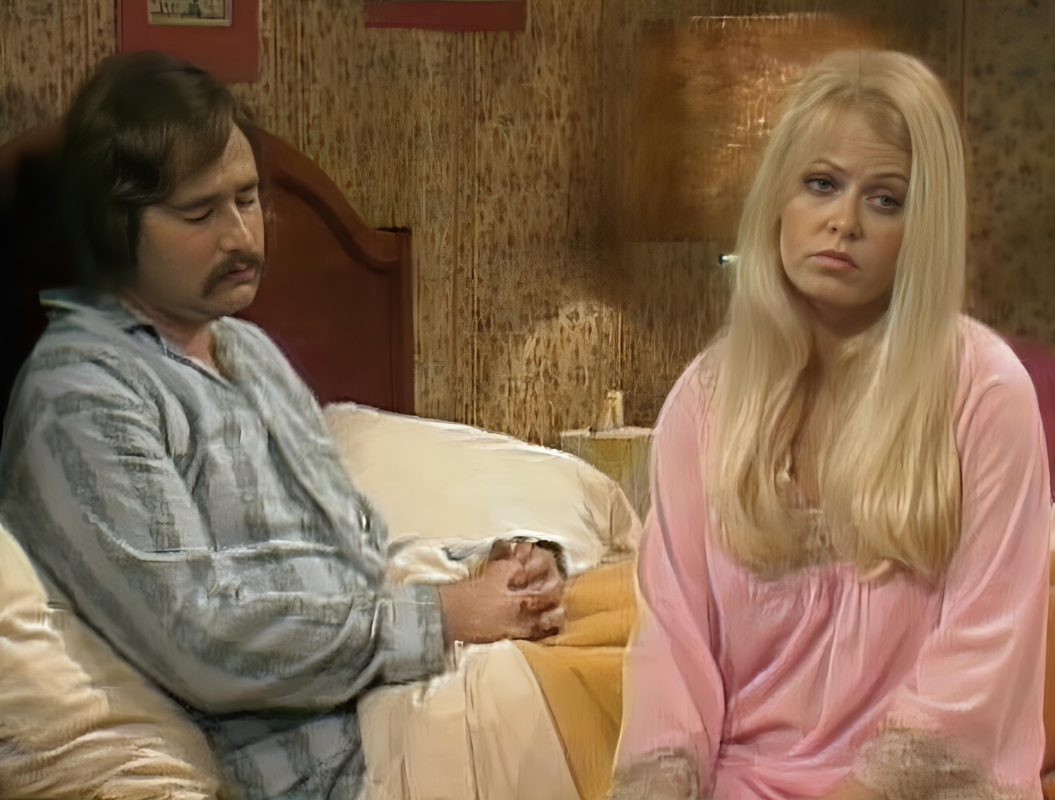
Reverend Al Sharpton, a prominent civil rights activist and political commentator, has criticized the iconic television show “All in the Family” for what he views as a missed opportunity to advance racial progress. Sharpton, known for his advocacy for social justice and his work in addressing systemic racism, argues that the show’s comedic approach to sensitive racial issues may have limited its potential for creating meaningful change.
“All in the Family,” created by Norman Lear and aired from 1971 to 1979, was groundbreaking for its time. It tackled controversial social topics through the character of Archie Bunker, a working-class man with overtly prejudiced views, played by Carroll O’Connor. The show aimed to use Bunker’s character as a satirical critique of societal bigotry, sparking conversations about race, gender, and social justice.
However, Al Sharpton contends that the humor employed by “All in the Family” could undermine its critique of racism. In a recent interview, Sharpton shared his concerns: “While ‘All in the Family’ was revolutionary in addressing racism on television, its use of comedy to portray these issues might have diluted the urgency and seriousness of the message. Racism is a grave issue that demands serious reflection and action, and presenting it in a humorous context can sometimes make it seem less severe.”
Sharpton’s critique underscores a significant challenge in using satire for social commentary. The effectiveness of satire hinges on the audience’s ability to discern the critique behind the humor. For some viewers, the comedic elements associated with Archie Bunker’s character might lead to a superficial engagement with the issues, rather than the deep reflection necessary to challenge and change prejudiced views.
“Comedy has the power to open doors to difficult conversations,” Sharpton continued. “But it must be handled with great care, especially when dealing with issues as deeply rooted and harmful as racism. There’s a risk that instead of challenging racist attitudes, the humor might normalize or even reinforce them.”
This perspective is echoed by other critics and scholars who have examined the impact of media representations on public attitudes. The concern is that without a clear, unambiguous message, shows like “All in the Family” might not effectively challenge viewers’ prejudices and could inadvertently perpetuate them.
Despite these criticisms, “All in the Family” remains a seminal piece of television history, credited with initiating important conversations about race and social justice during a time when such topics were often avoided in mainstream media. Its legacy is complex, reflecting both its groundbreaking achievements and the limitations of its comedic approach.
Al Sharpton’s reflections serve as a crucial reminder of the complexities involved in using media as a tool for social change. As television and other forms of entertainment continue to address social issues, his insights emphasize the need for thoughtful and nuanced approaches to ensure that the intended messages of critique and reflection are clearly communicated and understood.
